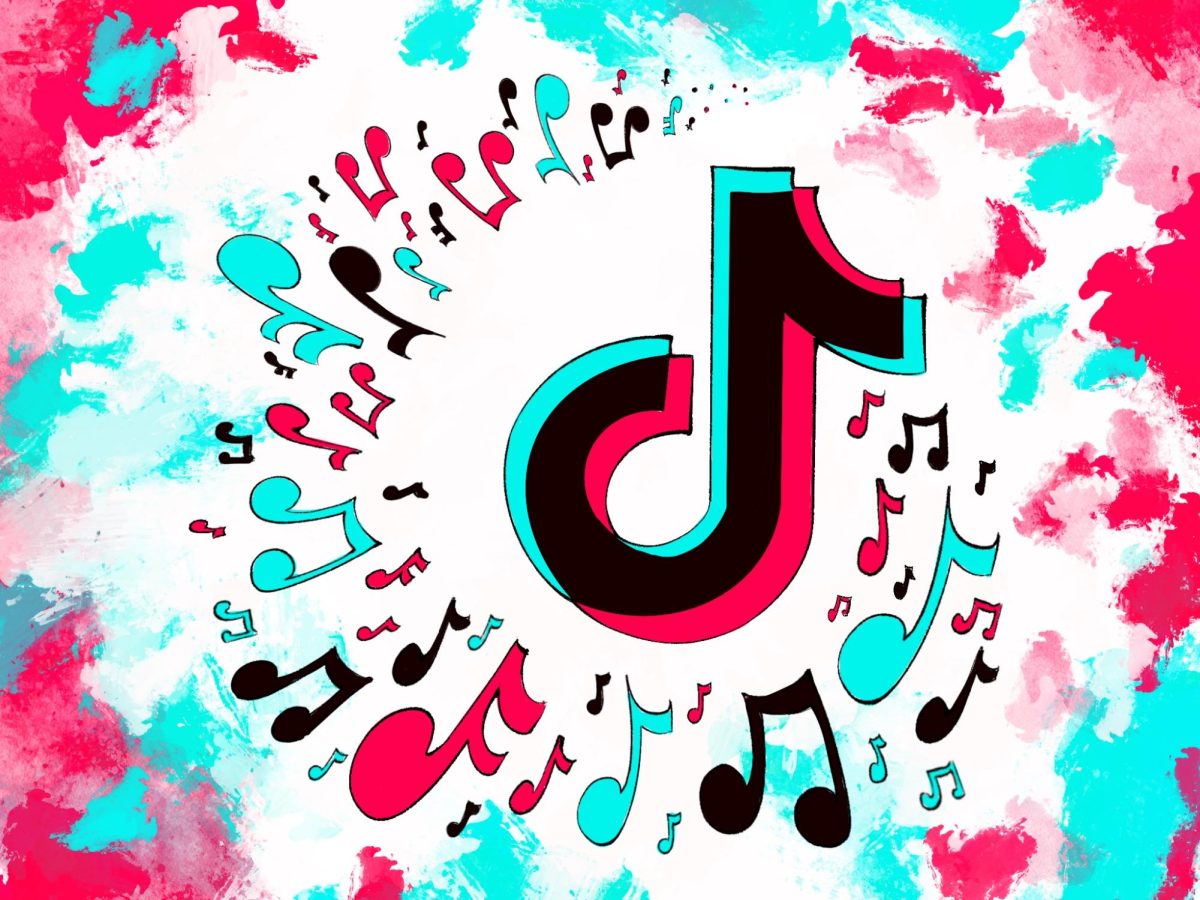In 2019, K CAMP’s “Lottery” (a.k.a., the song to the infamous dance Renegade) became the soundtrack to one of the most iconic dance trends in TikTok history, with over 30 million TikToks using the sound.
The infectious beats were quickly adopted by creators, leading to a dance craze that dominated the platform for months. Despite the song’s massive popularity on TikTok, with millions of users performing the dance, K CAMP struggled to achieve the same level of mainstream success with his subsequent music. The viral fame of “Lottery” didn’t translate to a lasting presence K CAMP in the music industry.
Similarly, later that year, the song “Roxanne” by Arizona Zerves, became a viral sensation largely due to the app, where its catchy hook—”Roxanne, Roxanne” — was featured in countless TikTok videos, particularly in lip-syncing and dance clips. The viral success of the song propelled him into the spotlight, and it eventually peaked at No. 4 on the Billboard Hot 100. Despite this rapid rise, Zervas has struggled to replicate the success of “Roxanne.” Subsequent releases failed to make a similar impact, both on TikTok and mainstream charts also seen with Saint Jhn and “Roses,” StaySolidRocky with “Party Girl,” Benee with “Supalonely,” Claire Rosinkranz with “Backyard Boy” and Surfaces with “Sunday Best.”
In the ever-evolving music industry landscape, the line between fleeting fame and lasting success has become increasingly blurred. The rise of TikTok plays a pivotal role in this shift, where short 15-second clips have given birth to a new era of one-hit wonders. These sudden, viral sensations dominate the charts and social media feeds, but their longevity in the industry is often uncertain.
TikTok’s short-form video format has led to a greater emphasis on catchy, memorable hooks and choruses that audiences can relate to. Because songs with easily recognizable and repeatable sections tend to perform better on the platform, artists have even started pointedly creating “TikTok-friendly” or relatable hooks in hopes of gaining fame and attention on the platform. These simple and quotable lyrics work well in short clips because they are easy to remember, with recent studies showing that 67% of users report they are more likely to explore songs on other streaming platforms after encountering them on TikTok. Additionally, 75% of these users reported that they discovered new artists via TikTok.
The nature of TikTok and its short videos has made the platform a powerful tool for music discovery. TikTok uses an AI based model that collects and analyzes user data to create a personalized “For You” page (FYP) for each user. There are multiple factors taken into consideration such as high-quality videos, video completeness, engagement, information (through hashtags, and captions), app usage patterns and user preferences. With all these factors contributing to a user’s feed, it can be challenging for artists and labels alike to replicate the success of other songs.
While some artists, like award-winning singer Doja Cat, have spun their initial TikTok success into long-term careers, many others fail to sustain their momentum after their momentary spotlight fades. The industry’s current emphasis on creating TikTok hits can make it harder for artists to build lasting connections with their audience, leading to a cycle of brief fame followed by long-term obscurity.
The TikTok-driven rise of one-hit wonders doesn’t just affect new or emerging artists; it also has significant implications for established artists. It disvalues the work of artists who have built their careers on depth, complexity and long-term fan engagement.
Moreover, the pressure to create “TikTok-friendly” content can be stifling for artists who prefer to craft full, complex albums rather than focusing on individual tracks designed to go viral. Established artists like Halsey and Charli XCX have spoken out about the pressure to conform to these trends to stay relevant.
“It’s true all record labels ask for TikToks and I got told off today for not making enough effort,” FKA said in a TikTok video two years ago.
To avoid becoming a one-hit wonder in this environment, Justin Berg, a social scientist who researches creativity and innovation at Stanford University’s business school, found that musical artists who built a more innovative and varied catalog before they gained their initial fame were more likely to generate a series of hits over a longer period. The lesson for young artists: Aim to go big on TikTok but make sure you have something left in the tank to avoid becoming a one-hit wonder.





























